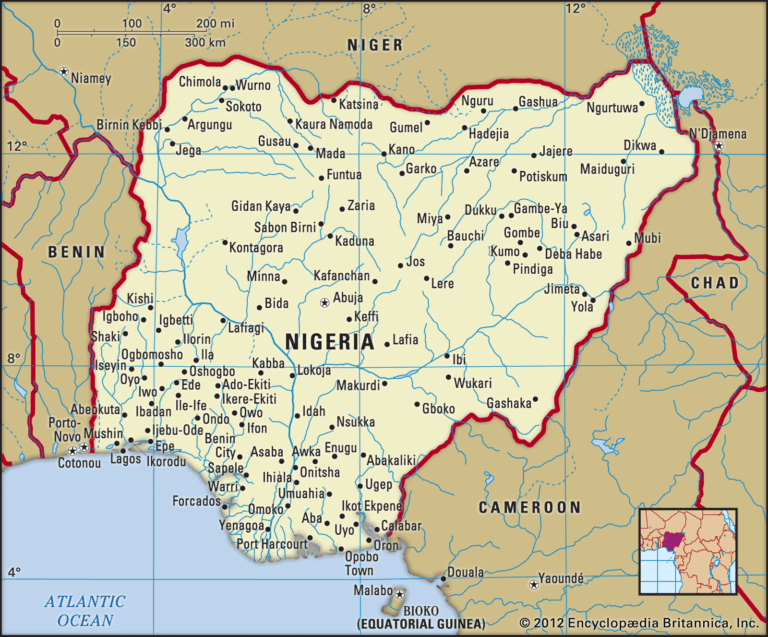S&P Global Ratings’ decision to revise Nigeria’s sovereign outlook to “Positive” from “Stable,” while maintaining the long-term rating at B-/B, is far more significant than the modest letters suggest. This is not just a routine technical adjustment of a financial score; it represents a critical recalibration of global perception capital. It signals to large-scale institutional investors that the internal mechanics of Nigeria’s economy are undergoing a deliberate process of de-risking, transitioning from unpredictable volatility to manageable uncertainty.
The Signal of “Positive Outlook”
The core value of the ‘Positive Outlook’ lies not in the immediate affirmation of the B- rating, but in the institutional belief that the sovereign’s trajectory has fundamentally changed. For the international investment community, a B- rating is defined by high risk; however, a positive outlook attached to it is an official notice that the painful reforms instituted since mid-2023—including exchange-rate liberalization and petrol subsidy removal—have been successfully executed as necessary structural shock absorbers.
These reforms, challenging as they are domestically, are seen externally as proof that the government is willing to absorb short-term political cost for long-term fiscal stability. This commitment to tighter fiscal controls and boosted revenue creates the required predictability that had previously deterred massive capital inflows. The B- rating now comes with an attached strategic advisory: The underlying systemic risk is actively being managed down.
From Macro Score to Enterprise Momentum
The forecasted average GDP growth of 3.7 percent between 2025 and 2028 (up from 3.2 percent) and the projected inflation decrease to around 13 percent by 2028 are the direct consequences of this shift in sentiment. This is where the rating change moves from Wall Street to the local market:
- Planning Predictability: A clear trajectory for easing inflation allows small and medium-sized enterprises (SMEs) to engage in long-term strategic planning, moving beyond month-to-month survival mode.
- Cost of Capital Stabilization: A strengthening external position, supported by rising oil output, suggests an easing of pressure on the foreign exchange market. This lowers the cost and risk associated with importing raw materials or servicing foreign-denominated debt for private sector businesses.
- Private Sector Confidence: The entire analysis hinges on “improving private sector sentiment.” The S&P revision validates the hope of local entrepreneurs and provides evidence that the operating environment is gradually becoming more rational.
In this context, the S&P revision is not merely a government achievement; it is a gateway for private innovation. It is the signal that transforms Nigeria from a region of high-reward, unmanageable risk to a target market with high-reward, structurally-improving risk—an essential distinction for unlocking venture capital and institutional partnerships.
The Clear Path to Upgrade
S&P’s warnings—that the outlook could revert to stable if the reform program falters, or if debt pressures rise—should not be viewed as threats. Instead, they function as an explicit, globally monitored policy scorecard. The conditions for a potential upgrade within the next 12 months are clearly laid out: sustained economic performance and strengthened fiscal indicators.
This transparency creates focused pressure and accountability, providing the government with immediate, tangible metrics to maintain the reform momentum. The rating action effectively converts subjective hope into objective targets, making the long-term health of the economy visible and measurable on the world stage.

